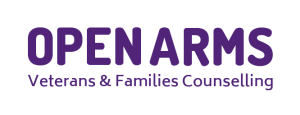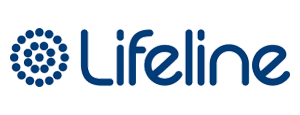COVID19 – adjusting and adapting
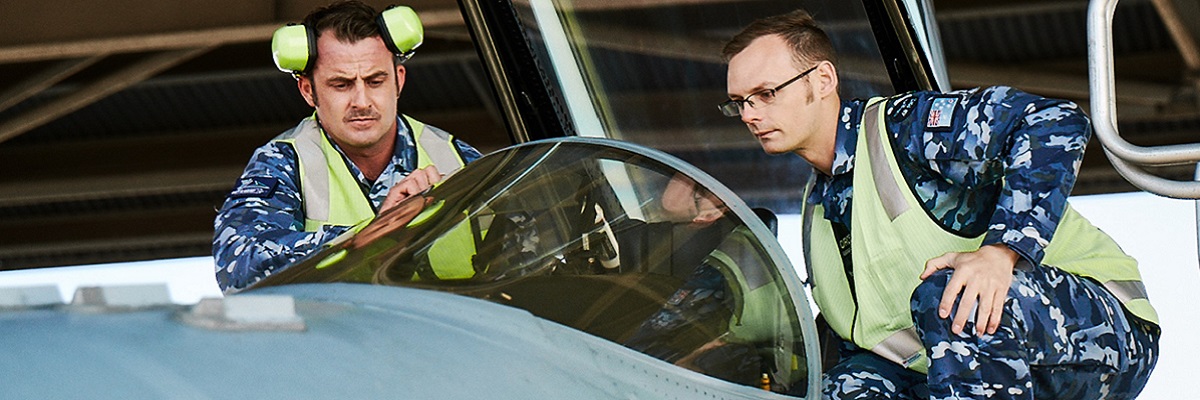
COVID-19 has changed our lives in ways we could never have imagined at the start of this year. Adapting to new environments, however, is nothing new for military personnel and families.
Military personnel work and live in varied environments during training exercises or operational deployment. Service members and families face change and separation throughout a service career due to postings, training exercises and deployments. Thanks to these experiences, many in the veteran community are better equipped to handle the pandemic.
There are those in our veteran community who were already facing significant challenges, whether it was the recent bushfires, a personal loss, as well as physical or mental health issues.
We are all facing a new ‘normal’ which brings with it opportunities, but also anxiety about the future and grief for what we have lost. It is OK and normal to be feeling anxious or worried at this time. What we can all do is take stock and refocus our coping strategies to face these challenges and importantly, we do not have to do this alone.
Open Arms as a Service is a legacy of our Vietnam veteran community—this cohort of veterans is a great example of veterans coming together in adversity to find new ways to support each other. They not only established Open Arms to provide support to veterans and their families, they were instrumental in the development of the original trauma programs. In the current environment they have been creating groups to check on each other and have volunteered to assist the Open Arms lived experience peer network so they can also assist other cohorts.
In order to make sure that we are ready to adjust and adapt to the changes that we are experiencing, we can all do a stocktake of three main areas – connection, meaning and wellbeing.
Adjusting to a new state – connection and meaning
The ongoing need for physical distancing does not mean we cannot strengthen our connections to our support network. Importantly, we do not need large social networks – we need a network to which we are connected.
Cherish your tribe
- Overcoming feelings of loneliness is not about expanding your social networks, it is about strengthening the connection with those around us. Figure out who is your tribe and invest in spending your time with these individuals.
- Remember that we all respond differently to stress or grief and that there is no right way to respond to the current situation. Where tension has developed with family or those with which you live, acknowledge these differences and talk about them.
- Connect with the community in which you live. This can be as simple as stopping to say hello to a neighbour.
- If you do not have your normal support connections, especially if you are no longer working or can’t be at your usual work, consider volunteering. There are many ex-service and community organisations that need workers to assist our community at this time.
Avoid ’fake news’ and focus on the good
- Get reliable information from sources that you can trust.
- Control your exposure to media, as too much information causes anxiety and feelings of helplessness. Choose a couple of times of day where you can check the news from reliable sources.
- Spend time on social media that supports individuals, is constructive and focus on collaboration or positive change that makes you smile.
Hints
If you are feeling anxious and need someone to talk to – remember you can call the 24/7 Open Arms support line on 1800 011 046.
Organisations and groups like the Vietnam Veteran groups, RSL, Legacy, Team Rubicon and Mates 4 Mates allow individuals to connect with other ex-service personal, all while assisting others.
Adapting to a new state – wellbeing
It is OK just to get through each day. There are a lot of images on the television and social media of people playing musical instruments, meeting a fitness challenge, learning to cook or doing amazing activities with their kids. All this is great and should be encouraged, but it is also fine to use any time at home to rest, reset and be unproductive.
We all react to anxiety and stressful situations differently. Some of us need to be active and occupied, while some of us find the current situation exhausting and need to make a space for relaxation. Set a realistic and simple goal to achieve each day and it is OK to do activities you enjoy or prioritise a ‘time-out’ activity.
Be kind to yourself
- Protect yourself by washing your hands and practicing social distancing.
- Sleep is fundamental to good mental health - at the moment for many, sleep is a challenge. If you want to improve your sleep make sure you have a regular routine, exercise, limit your caffeine intake and don’t take your phone to bed with you.
- Exercise is a quick and effective way to distract you from negative thoughts and manage emotions like anxiety or depression. Go for a walk, run or join a virtual yoga class. To be successful; be prepared and make a plan.
- Calm your emotions through relaxation activities. This enables us to think more clearly and work through challenges. The Open Arms Self-help tools and High Res app have a number of relaxation tools including: controlled breathing, grounding and muscle relaxation.
- Practicing mindfulness daily can help you recharge and enhance your performance and decision-making during periods of stress. Mindfulness is a mental health strategy that focuses attention on the present moment without judgement, allowing you to ground yourself and manage anxiety.
Hints
If you’re trying to improve your own mental health, or support somebody else with mental health issues, Head to Health provides links to trusted Australian online and phone supports, resources and treatment options.
Smiling Mind is a free app developed by psychologists and educators to teach daily meditation and mindfulness exercises.
If you are struggling to use these strategies it can help to talk to someone. You can call Open Arms 24/7 on 1800 011 046 to get some hints and ideas.
See also
-
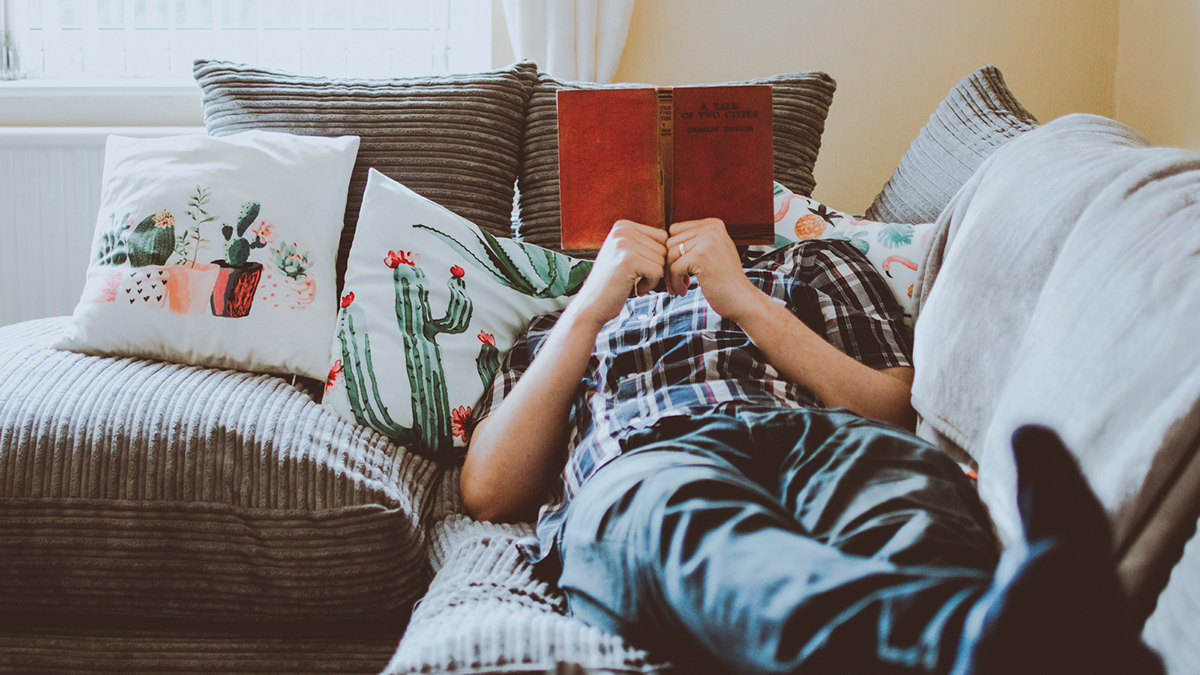
COVID19 – calming and coping
Across Australia people are feeling anxious - which is a completely normal reaction to the uncertainty we are facing around the impacts of COVID-19. Importantly, as long as this anxiety doesn't become overwhelming, it can be channelled into positive actions to help us cope and maintain our wellbeing. -
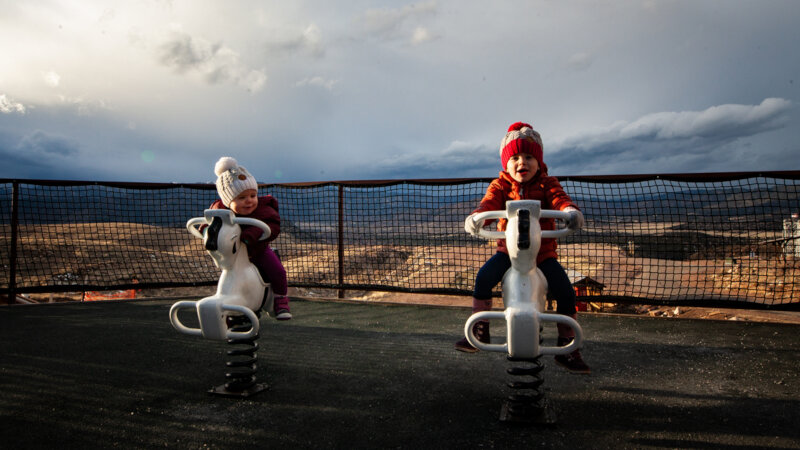
Talking to children about COVID-19
It's natural to try and protect children from any stress or anxiety they may experience due to the COVID-19 pandemic. However, this doesn’t mean we should avoid talking to them about how they may be feeling at this time. -
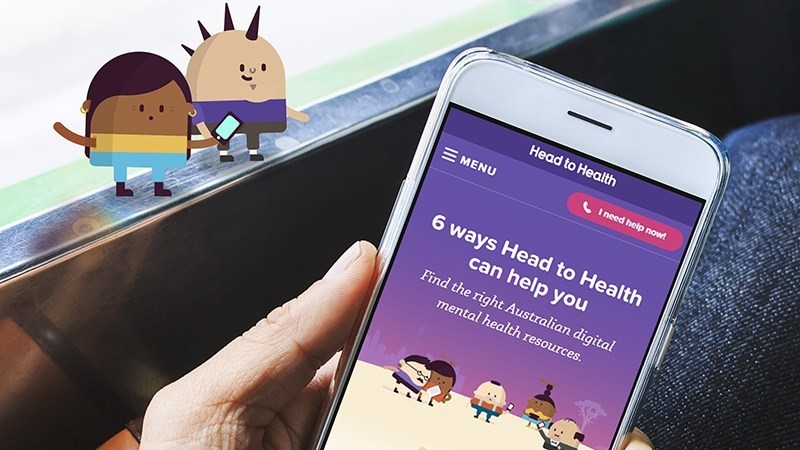 Self-help resourcesHead to health COVID-19 support
Self-help resourcesHead to health COVID-19 supportHead to Health is committed to providing Australians with trusted information and digital supports to help support everyone's mental health and wellbeing during this pandemic.
See: Head to health
